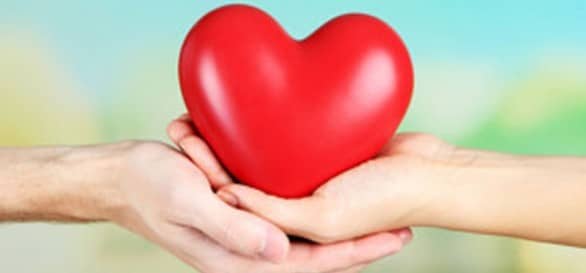Heart disease is the number one killer in America. But 75 percent of Americans are not worried about dying from it.
Most of us are not familiar with the best daily habits we should be doing to protect our heart, nor are we able to recognize the warning signs of a heart attack. A survey by a Cleveland Clinic revealed most Americans are misinformed when it comes to understanding heart disease.
I sat down with Dr. Raveen R. Arora in Anaheim to find out more about heart disease. Here are the truths behind three of the most common myths.
Myth#1: The major symptom of a heart attack is chest pain.
Truth: Alarmingly, 6 of 10 people will never know they have a heart problem. The first sign is either heart attack or death. Heart attacks appear in all shapes and sizes. As Dr. Arora stated, “The heart often sends pain to other parts of the body because it does not have as many pain receptors. Heart attacks can manifest as an ache in your jaw, neck, arm or hand.” Alarming as these pains sound, 70 percent of Americans polled in the Cleveland Clinic study were unaware of the smaller symptoms associated with a heart attack, including shortness of breath while exercising, fatigue, and difficulty sleeping—all signs of abnormal blood flow to the heart.
Myth #2: You can lower your heart attack risk by eating a healthy diet.
Truth: “The foods we eat do not cause heart attacks,” said Dr. Arora. “When a grocery store food is labeled ‘heart healthy,’ it is an advertising gimmick, nothing more.” In the article “Cholesterol cops left with egg on their faces,” Chris Erskine deflates the assumption that consuming certain foods, such as egg yolks, avocados and shrimp, will raise cholesterol levels in the bloodstream. He explains that there is no medical evidence that cholesterol is a nutrient concern. Poor choices could lead to high blood pressure and diabetes, but cholesterol in the diet is not related to heart disease.
Myth #3: Low cholesterol drugs prevent heart attacks.Truth: The use of statin drugs reduces the amount of cholesterol made by the liver. This causes blood levels of cholesterol to drop, which reduces the amount of cholesterol dumped into your arteries. However, having high cholesterol does not necessarily mean you are going to have a heart attack. Conversely, having low cholesterol does not equate to eating whatever you want because you’re risk free. Surprisingly, 80 percent of people with heart attacks have normal or low cholesterol. “Patients with high family history of heart disease should be on statin regardless of cholesterol levels,” stated Dr. Arora, as family history is the largest indicator that a person is susceptible to heart disease.
When it comes to heart attacks, if you are experiencing chest pain, a sudden onset of severe shortness of breath, and are suddenly dizzy, light-headed and sweaty, take it seriously, call 911, and get to the hospital. But don’t blame the steak you had for dinner.
Amy Osmond Cook, Ph.D., uncovers the many factors that help a person stay healthy, live longer and have a better quality of life.

